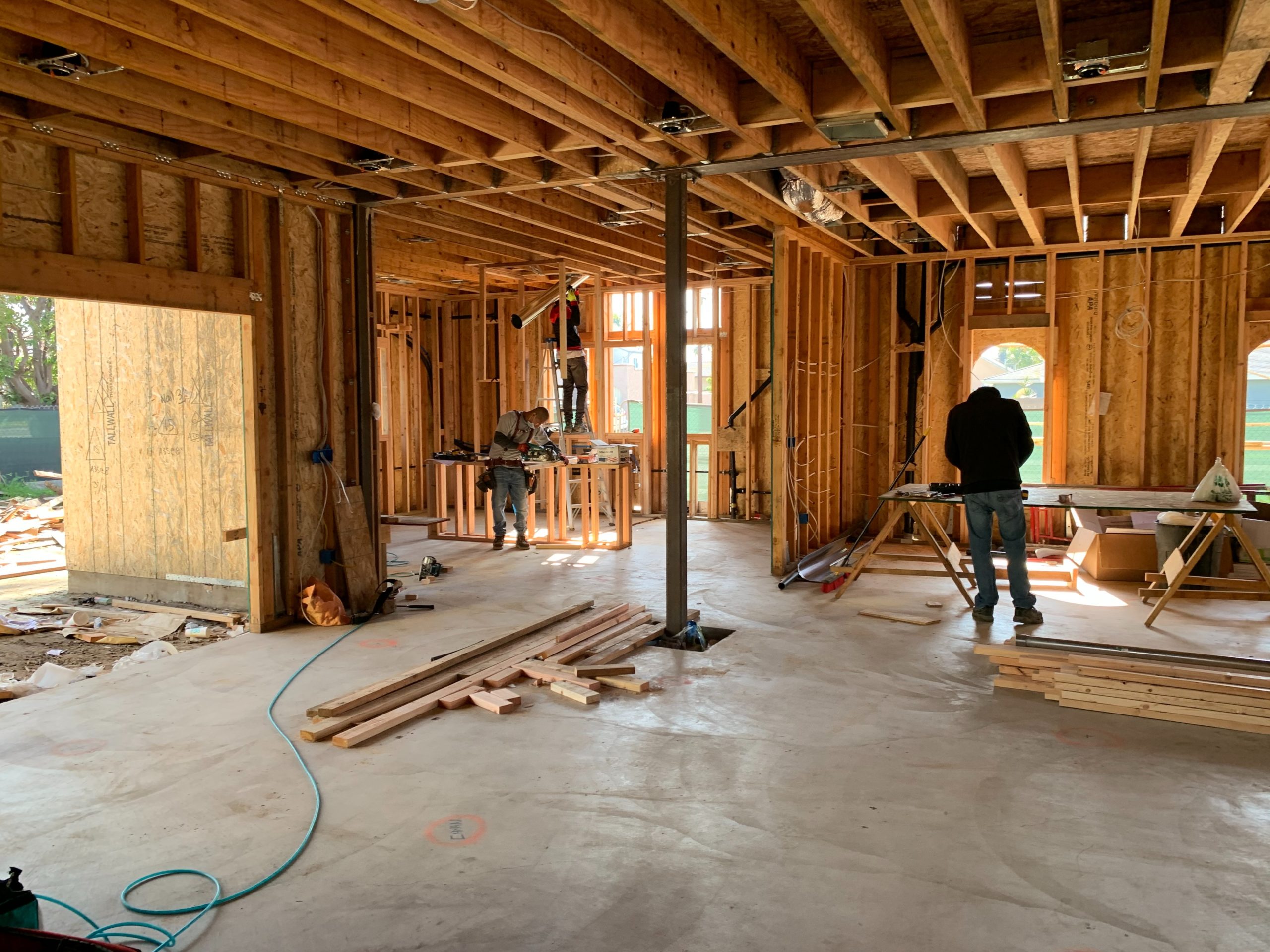

The world of residential and commercial construction is quite different—with a few overlapping similarities here and there. For residential contractors, warranties work uniquely because you are dealing with homeowners directly. The same is true when it comes to the way warranties behave in each kind of work. This blog will explain the function of warranties in the residential construction world. We will cover how they can work against you, how you can make them work for you, and how to use your construction contract to prevent problems that could arise on the matter, beginning with one of the most frequent questions we get about warranties in residential contracts.
Whether you need to include a warranty in your residential contract is contingent upon one thing: it depends on what state you are doing the work in. Some states do not require a written warranty or any warranty at all, whereas other states do. However, no matter what state you are working in, not having a written warranty is a dangerous place to be in legally. In most states where a written warranty is not required, some laws create a warranty just because you did the work. These are referred to as “implied warranties.” This means that the law will imply that you did excellent work and are responsible for fixing it if you did not. The terms of these implied warranties vary from state to state, so it is a much better idea to take control of your warranty. It needs to be written in your construction contract to make this happen.
There are a few other essential questions when writing a warranty into your contract. Does the warranty entail a repair or replacement of whatever is defective? If so, who gets to decide what is considered “repaired” or “replaced”? You need to have a clear understanding and written details that encompass this information. Without it, it can become a he-said, she-said situation, and the owner can make judgment calls that are inaccurate or unfair. It is always a promising idea to specify in your construction contract that whether the defective item may be repaired or replaced is determined by the contractor. It is also in your best interest to add that a repair or replacement might not exactly match the initial work, and the homeowner will accept any variance. When you put the power of making these judgment calls back into your own hands, you minimize the likelihood of a homeowner making blow-out claims regarding the quality of your work. Another great way to limit this issue is by setting standards of judgment.
The Cromeens Law Firm is here to protect you and your business. Our hope is that you never get stuck in a legal battle because you were not adequately informed or prepared. Work with us to equip yourself with the knowledge you need to protect your business and your hard-earned money.
When defining the warranty in your residential contract, you need to know what standards will be used to determine if something is defective. Although we are addressing them as they deal with warranties, having a set of standards in your contract that your work will be judged against and clarifying how any inspection of your work will take place is always a good idea, warranty or not. If this set of standards is not included in your contract, the homeowner gets to pick one they think will apply, and it may require something different than the work you performed.
For example, we represented a client who built decks and outdoor patios in the Texas hill country. If you are familiar with the Texas Hill country, you may know that most of the ground is rock. Our client’s standard was to drill the post for decks to 18′, which he had always done. This contractor built a patio for a client in a county that did not require a permit for building patios. After our client installed the patio, the homeowner found that they required permits for patios in the next county over, and the post had to be drilled to 24′. The homeowner sent a demand letter to our client stating that the work was defective because the post was not drilled to 24′. This case is currently set for trial, where an arbitrator will decide what standard is reasonable because our client did not set standards in his contract.
Every trade has a general set of standards. The painting industry has the PCA General Standards, the National Association of Home Builders has the “Residential Construction Performance Guidelines,” and the trend continues throughout the trades. With whichever standards you elect to abide by, you will want to include them in writing to best protect your business. You do not need to put the actual standards in the contract, either; you can just put the web address where your client can find the standards, and it will do the trick.
Another issue that you should address is the validity of warranty claims. This is a huge point of leverage for contractors and has saved the tails of multiple clients. It is important to be clear with your warranty and note in your contract that if the homeowner fails to provide any required maintenance after you complete your work, they cannot make a warranty claim. The warranty will only apply if they use proper maintenance. Cover your work and put this in writing in your contract. If you don’t have this in your contract, you could be on the hook to cover the warranty, including work, due to improper maintenance that you have nothing to do with. For this reason, it is wise to refer to the manufacturer’s website, citing the details that deal with the required maintenance of any products within your contract. Remember, by signing the contact, the client is bound to the obligation presented in the attached guidelines.
A good example of this is landscape contractors. As specified in their contract, there is no warranty on their work or products if the homeowner fails to irrigate the property. So, when a homeowner fails to irrigate the property according to the specifications shared in the contract, they lose their right to claim a warranty on any work they do.
You owe it to your company to get informed and use what you learn to protect your work and the products you produce. Understanding this can be the difference between you having to take the fall for the client’s errors or getting out of related predicaments and protecting your business. That is why it is so important to read up on all the elements of your contract.
Warranties are tricky and understanding them is necessary knowledge for residential contractors. Take the time to commit the functions of warranties in residential contracts to memory. After learning, invest in finding a skilled construction attorney to help create a contract that protects you against warranty-related issues. Learn how you can use your construction contract to be preventative moving forward by reading the rest of this month’s blog series, and RSVPing to this month’s webinar on June 23 at 12 pm CST, covering Warranties in Construction Contracts. The legislation on these matters can work in your favor, but only if you take the reins and get your construction contract done the right way.
This article is intended as a general educational overview of the subject matter and is not intended to be a comprehensive survey of recent jurisprudence, nor a substitute for legal advice for a specific legal matter. If you have a legal issue, please consult an attorney.
Karalynn Cromeens is the Owner and Managing Partner of The Cromeens Law Firm, PLLC, with over 17 years of experience in construction, real estate, and business law. A published author and passionate advocate for contractors, she has dedicated her career to protecting the businesses her clients have built. Karalynn is on a mission to educate subcontractors on their legal rights, which inspired her books Quit Getting Screwed and Quit Getting Stiffed, as well as her podcast and The Subcontractor Institute.

